Life is strange, no? Who’d have thought there would be such nostalgia in Germany for life in the now defunct GDR? The 2003 film Goodbye Lenin, which poignantly recalled life in the German Democratic Republic, has been followed by the growth of Ostalgie, a celebration of the fashions, food and everyday hassles that characterised life in the communist state. Is it ok to be sentimental about life under a regime which shot those who tried to escape it? Or is it oppressive to tell people what they can and can’t be sentimental about?
After the Berlin Wall came down dated East German fashions and lifestyle were scorned. Supermarkets were cleared of all the old goods and even the East German version of the flashing green man on pedestrian crossings – a baggy trousered, hat wearing fellow known as Ampelmann – was replaced. A vigorous community campaign saw him restored to duty and he has now become a symbol of the new Berlin.
Of course, the word nostalgia suggests a sentimentalised or overly personal view of the past so perhaps it’s not surprising that Ostalgie focuses less on the oppression, the Stasi and the lack of fresh fruit and more on memories of childhood and retro Communist style. And it does it with a sense of humour. The popular Ostel Hotel in Berlin, housed in a typical mass produced Plattenbauwohung, promotes itself with the slogan ‘Nobody needs bananas’. The Stasi Suite is more expensive than the Pioneer Camp, the walls are hung with politburo portraits and the clocks in reception show the time in Moscow, Berlin, Havana and Beijing.
These days the racy Trabant is back on the road, vintage communist chic is fashionable on both sides of the former divide, and Ampelmann strides out confidently as people cross back and forth in safety. It’s just like the GDR, with bananas.


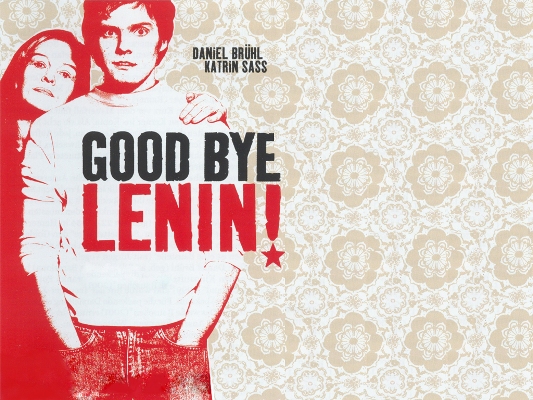
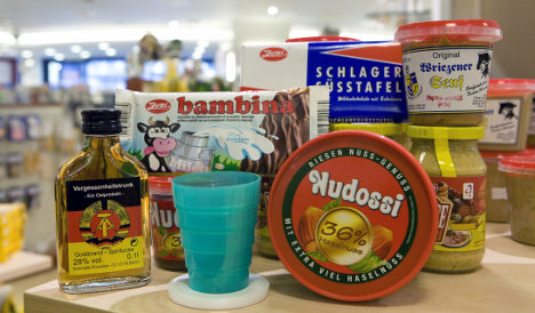
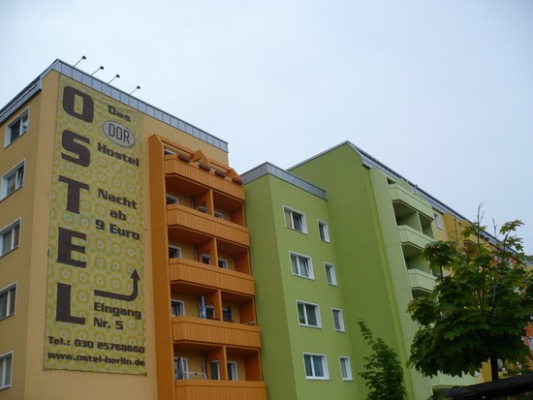
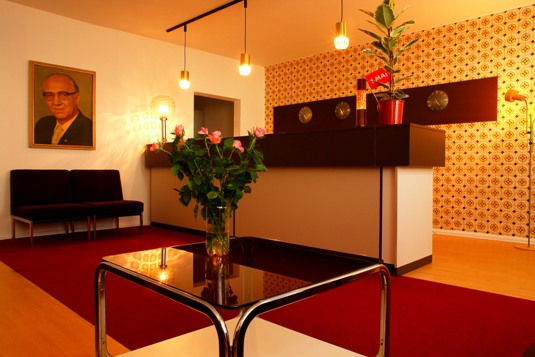
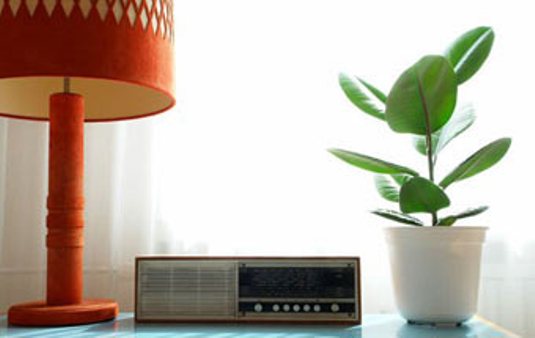
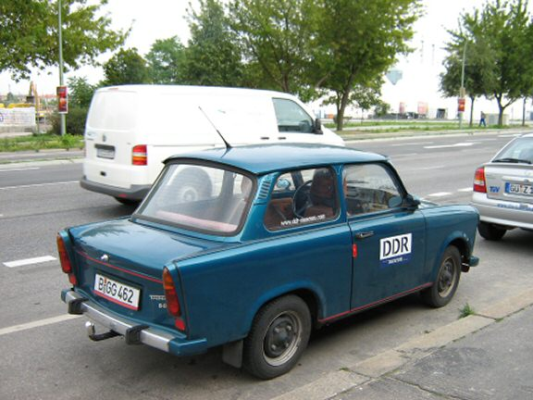
No comments!
There are no comments yet, but you can be first to comment this article.